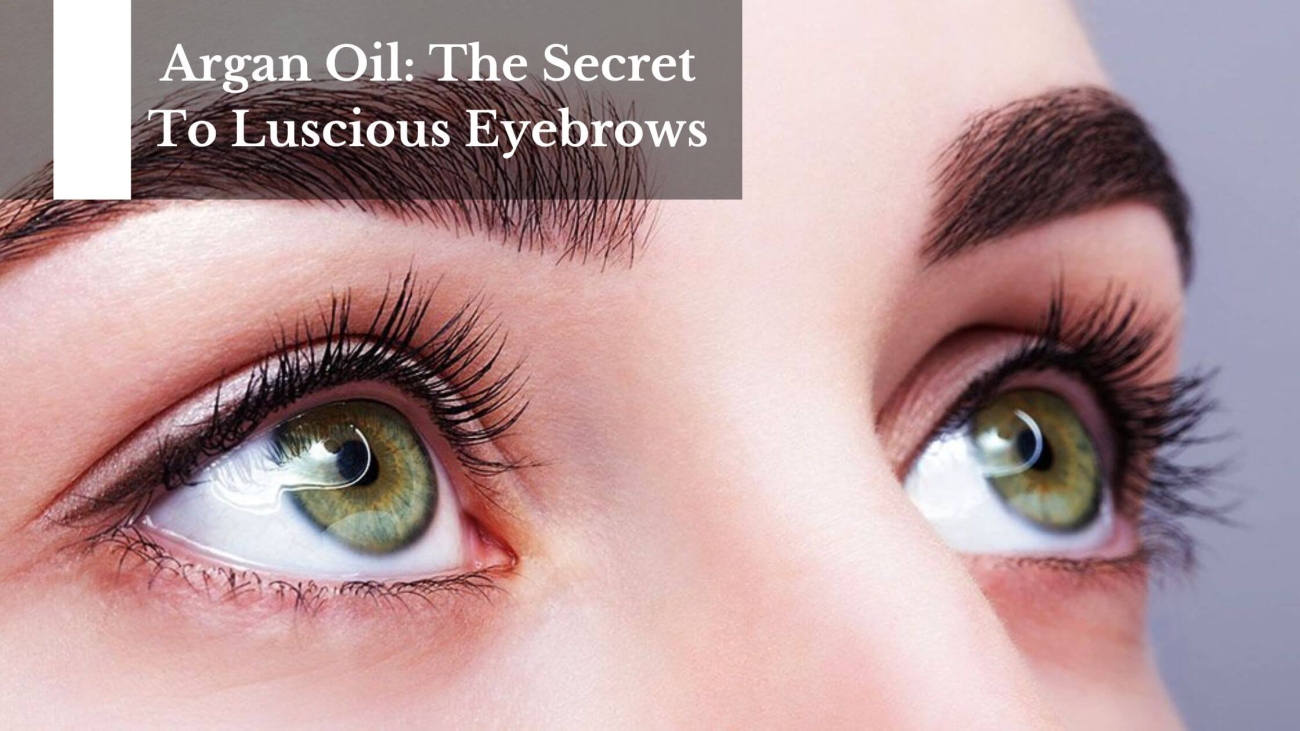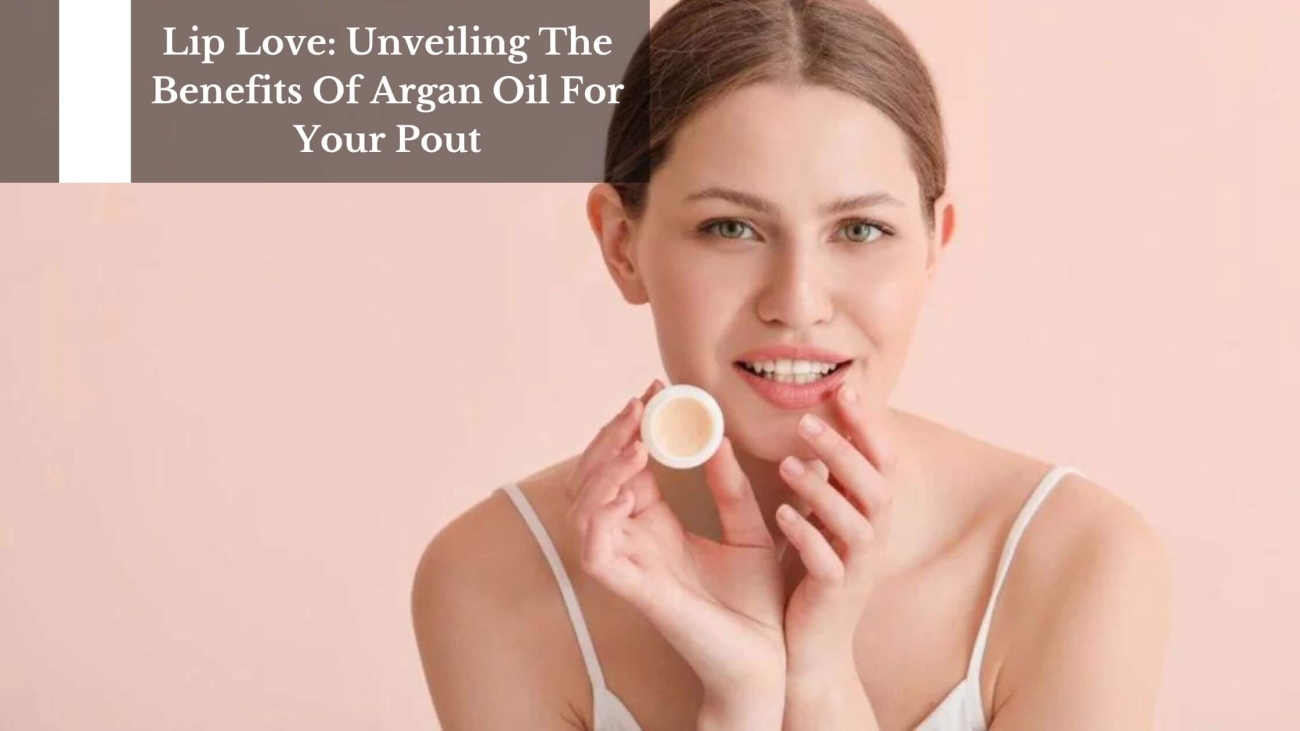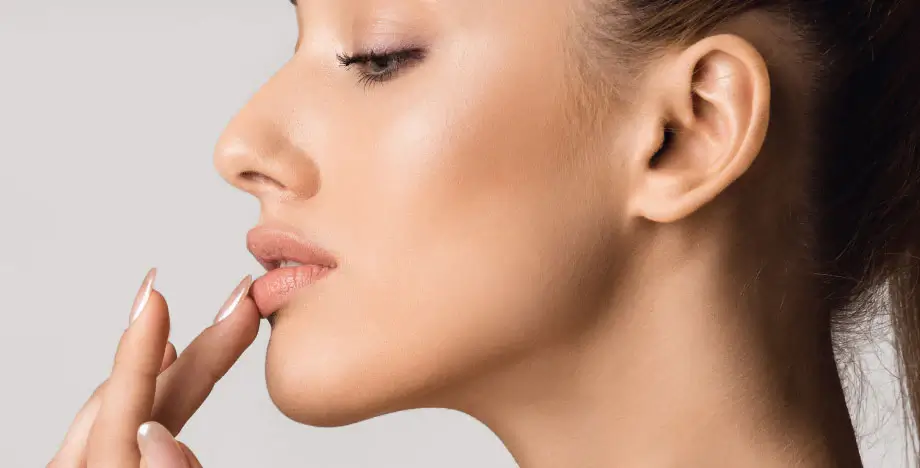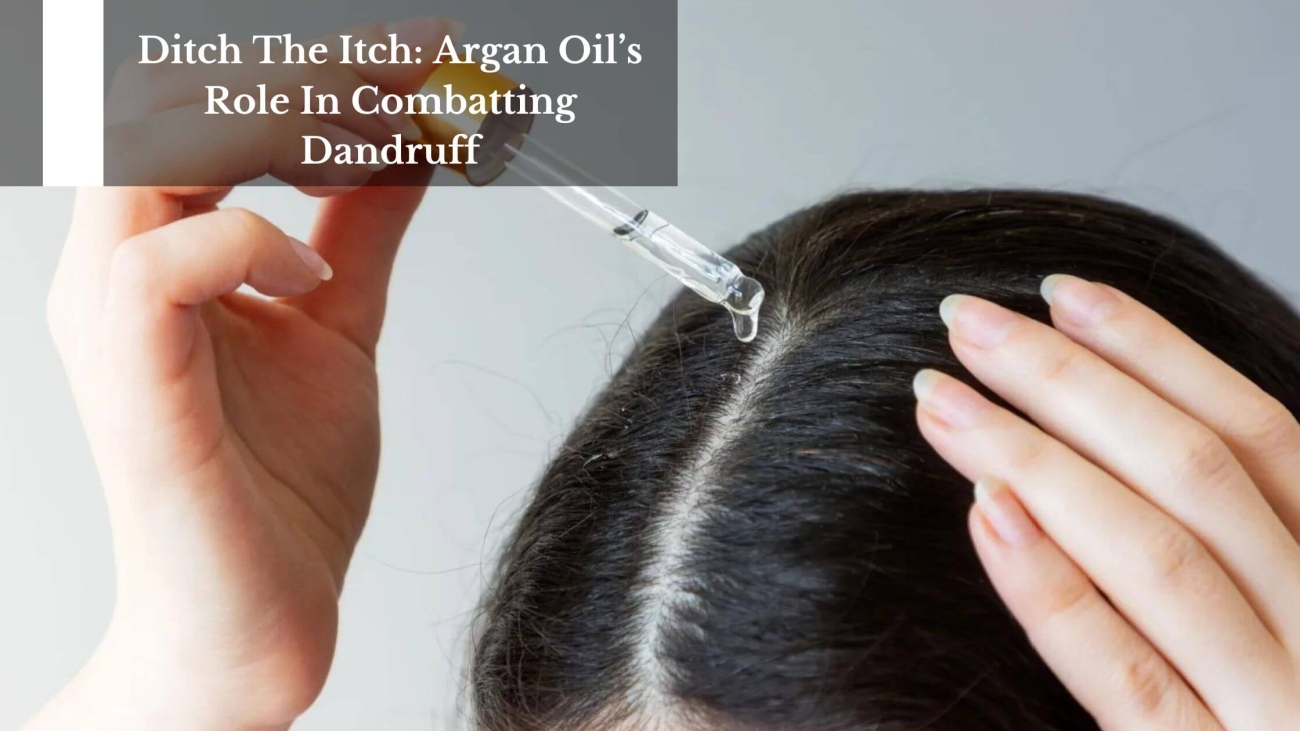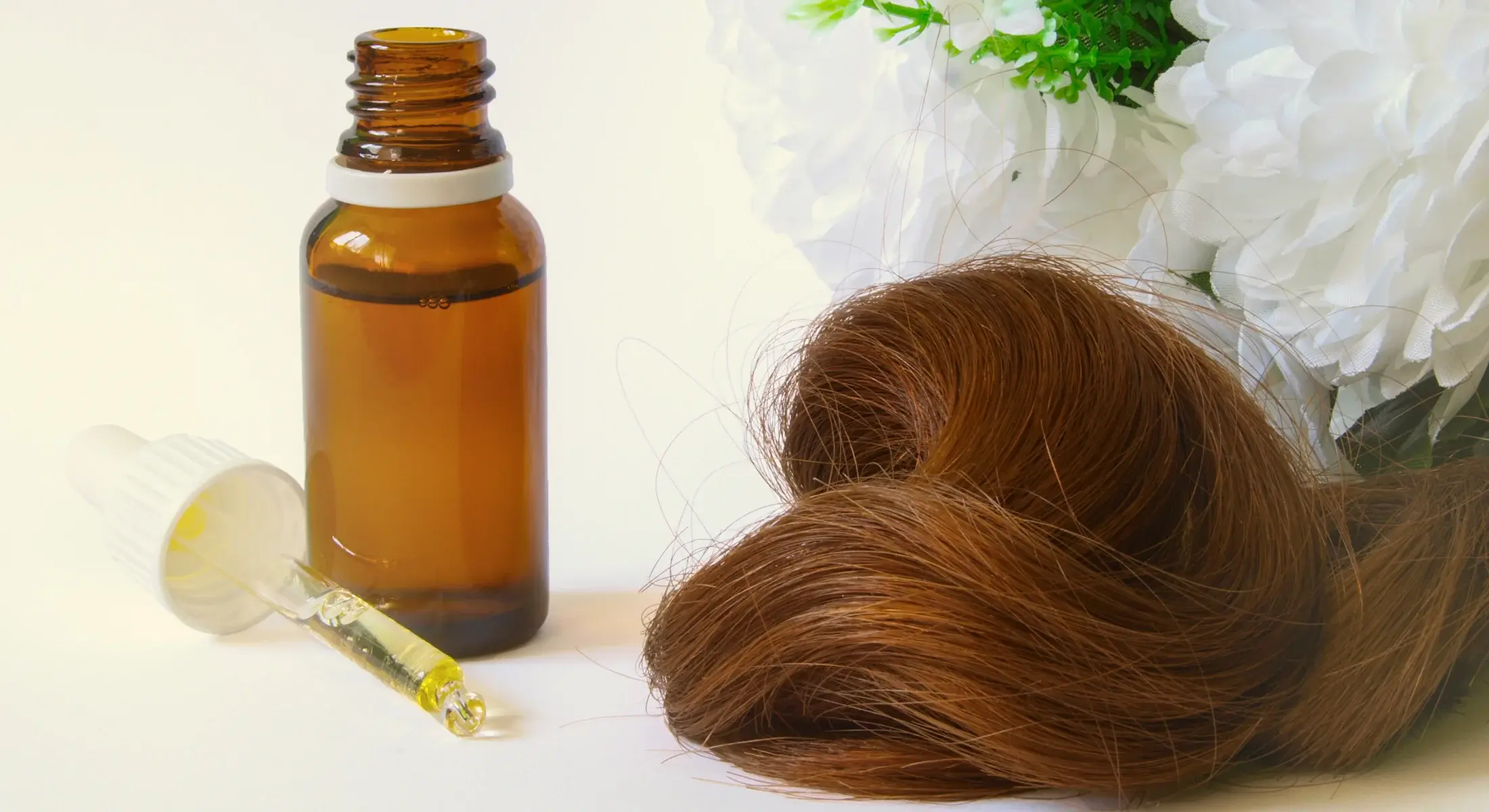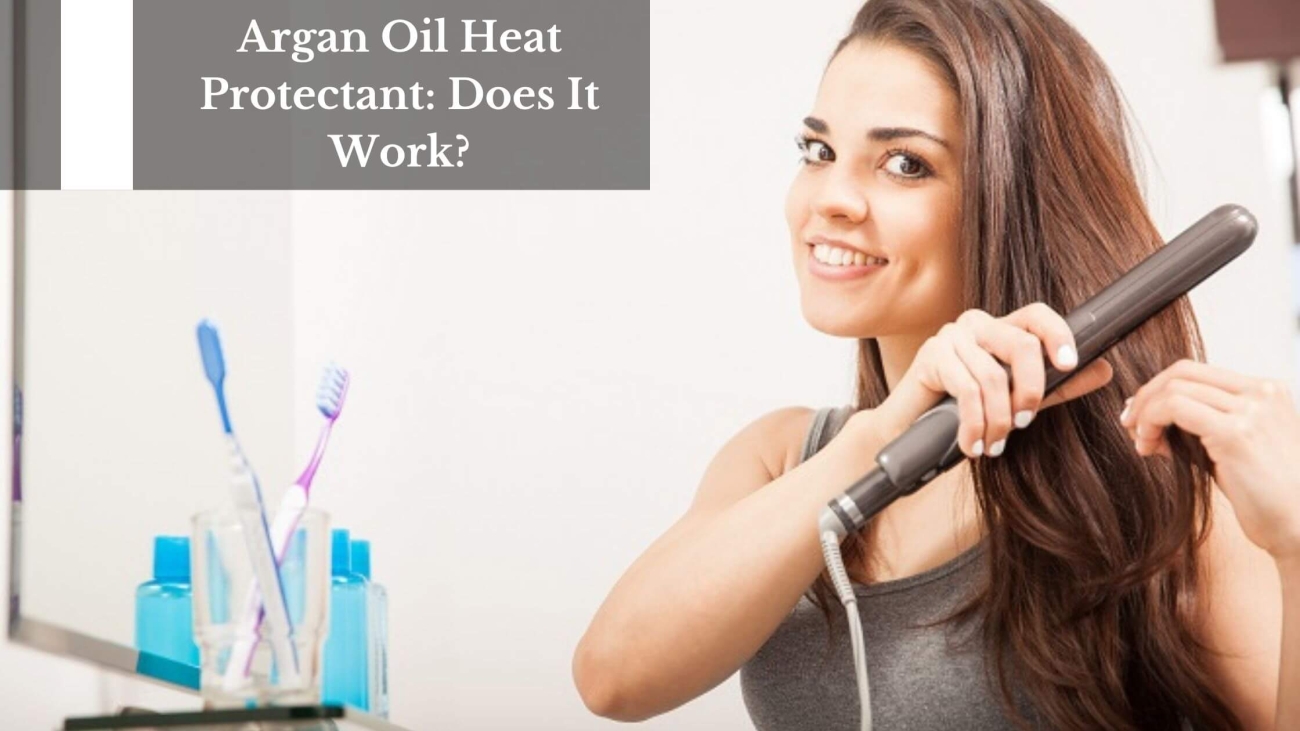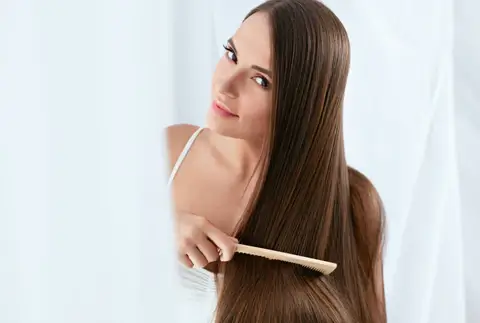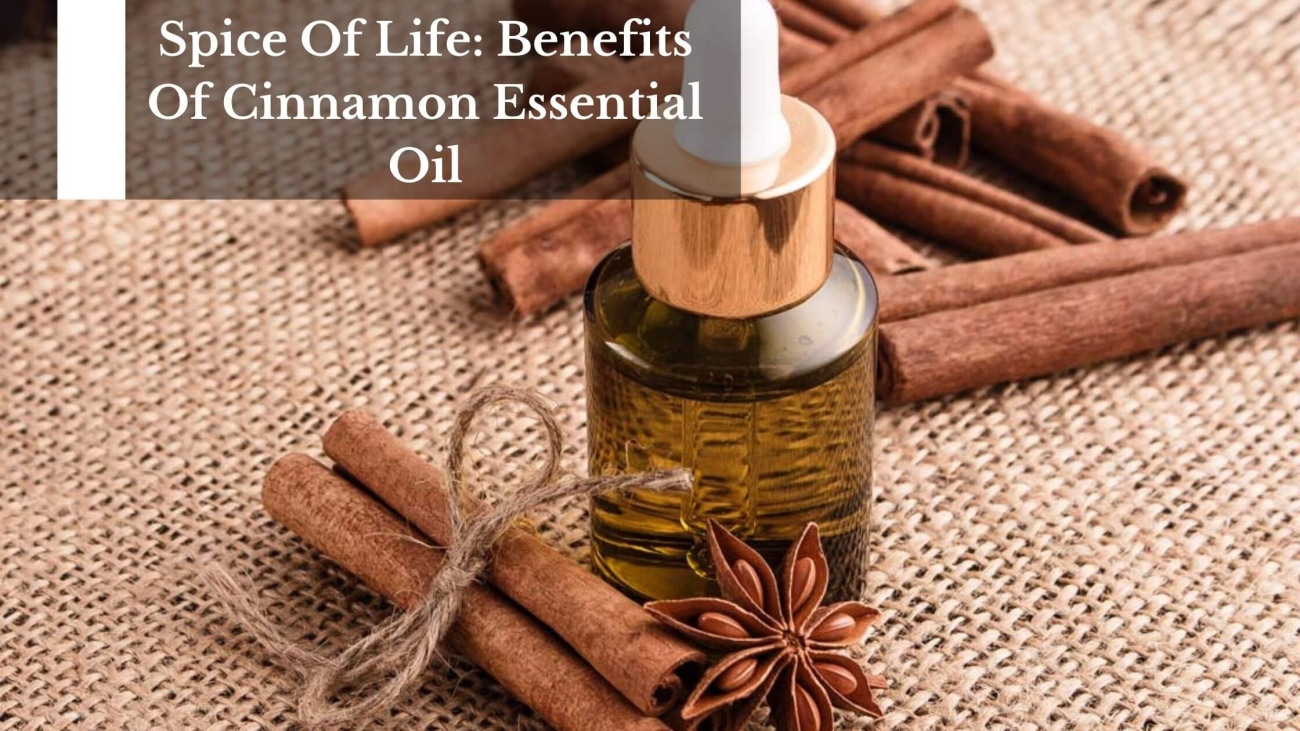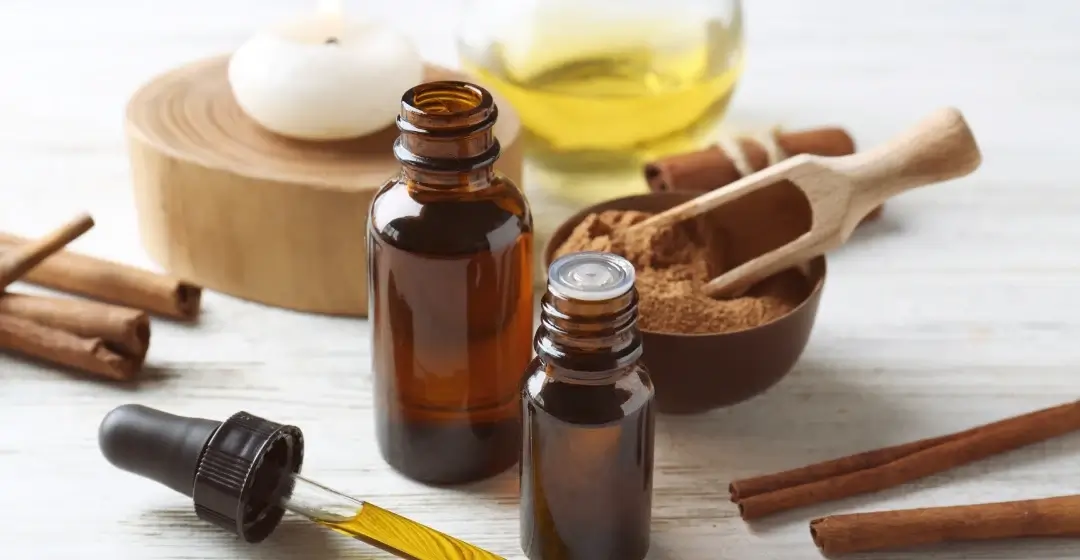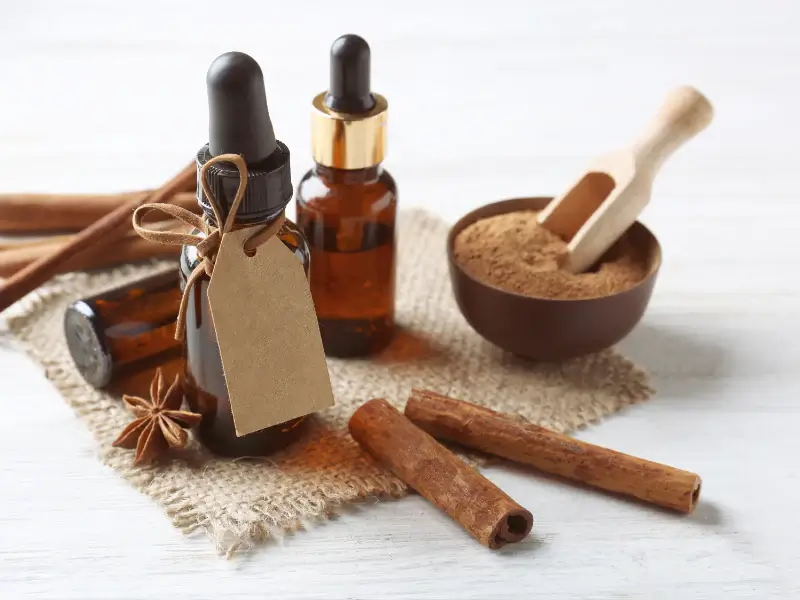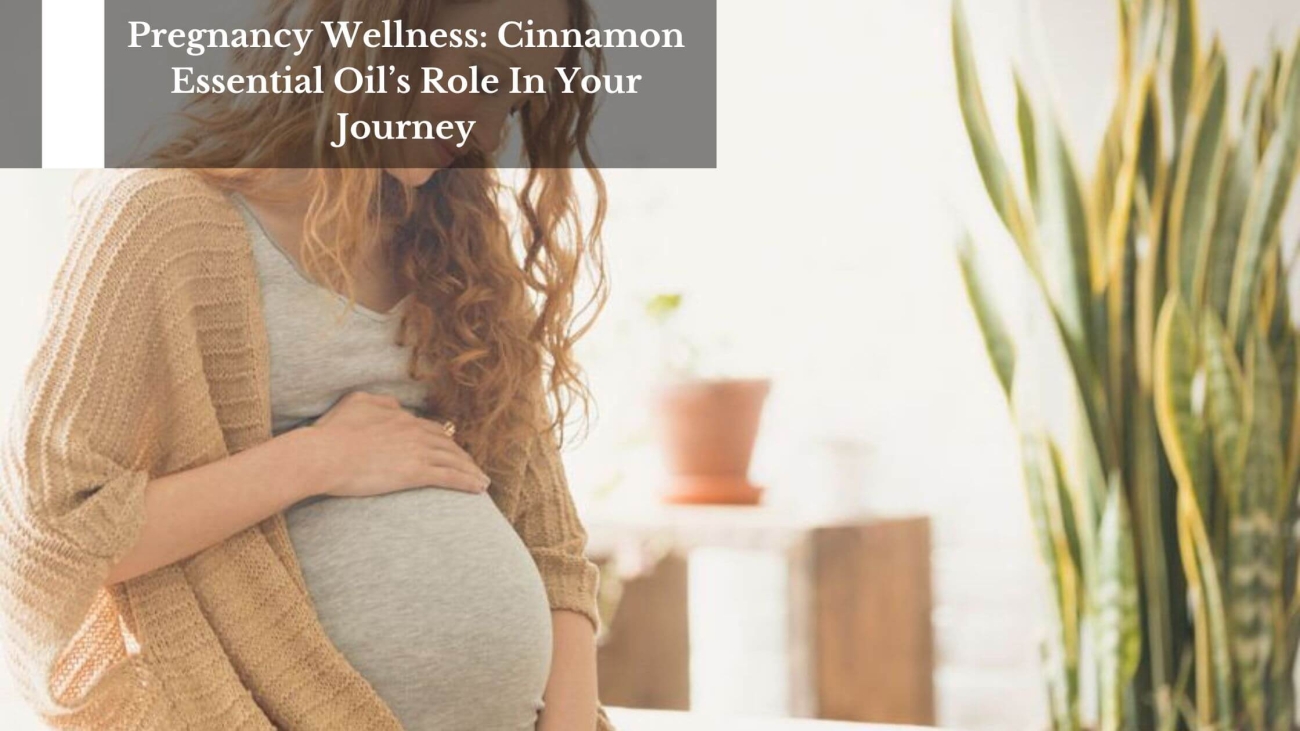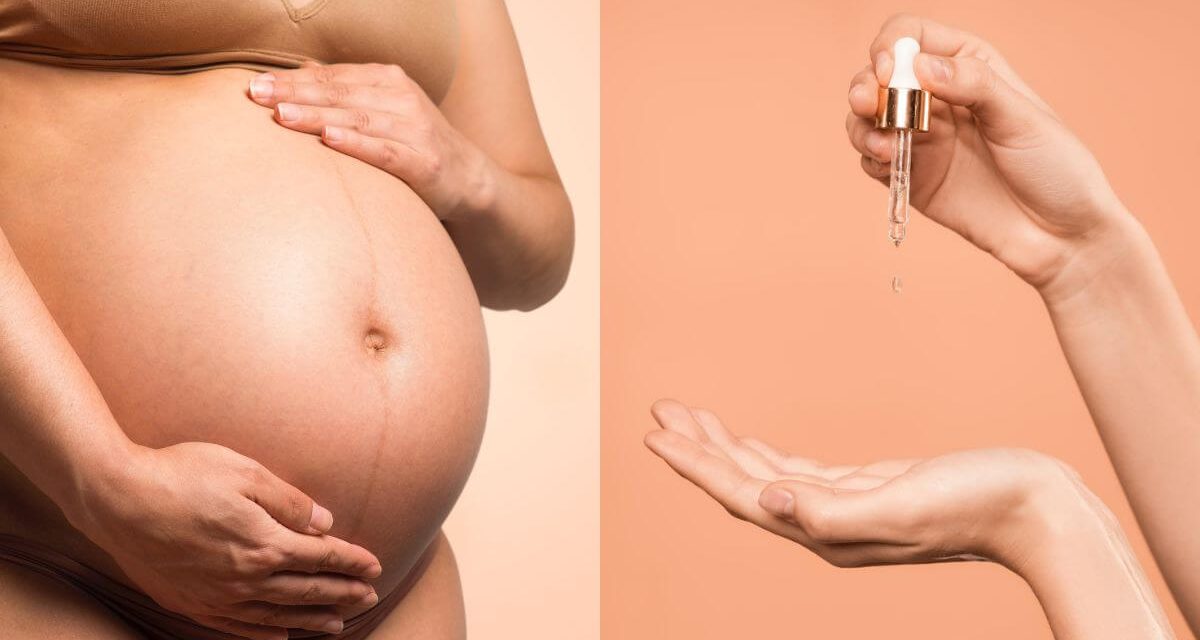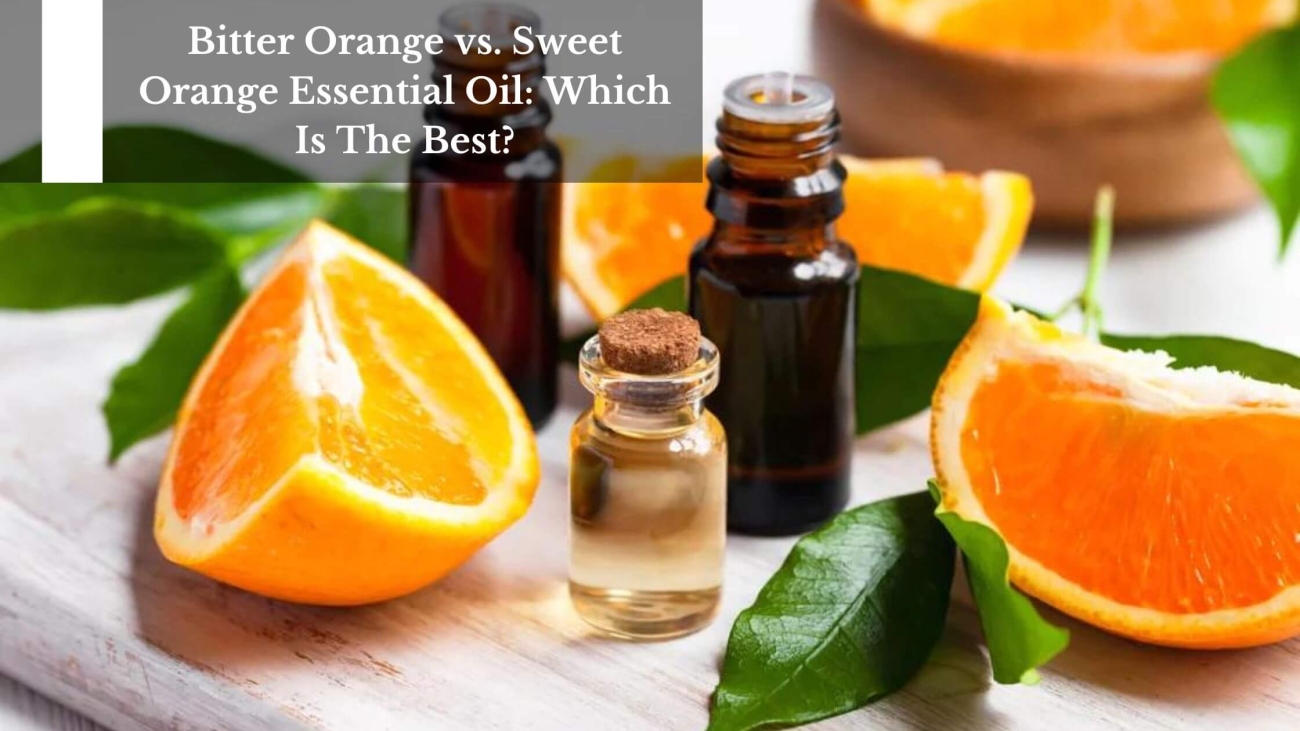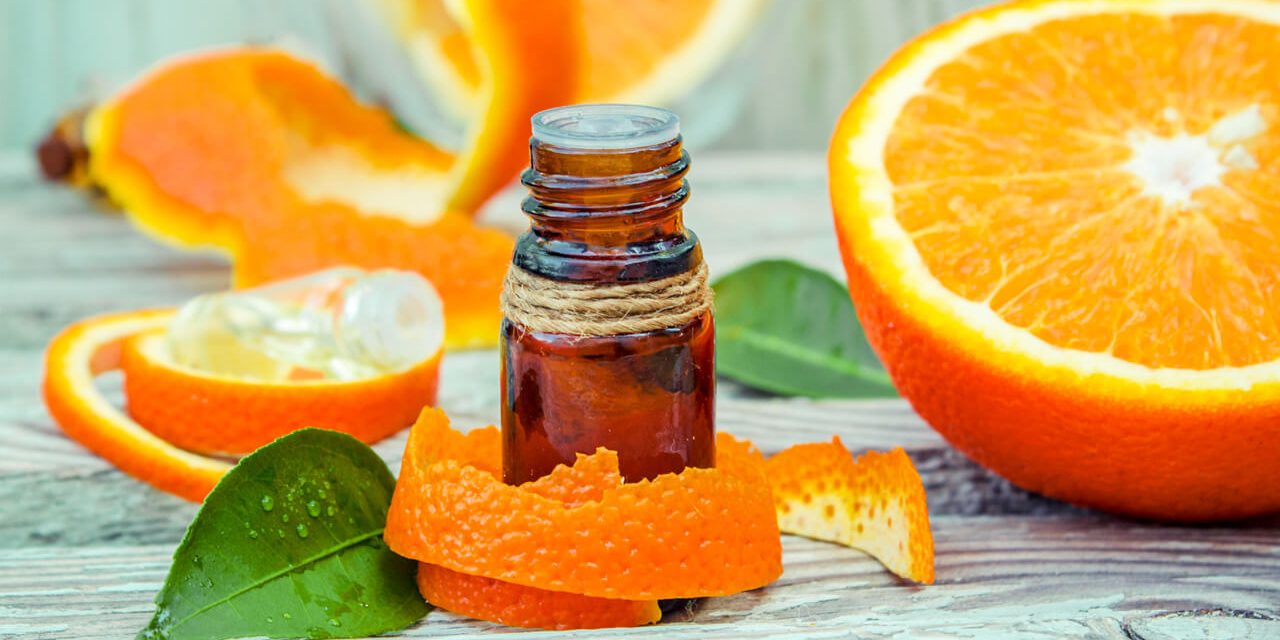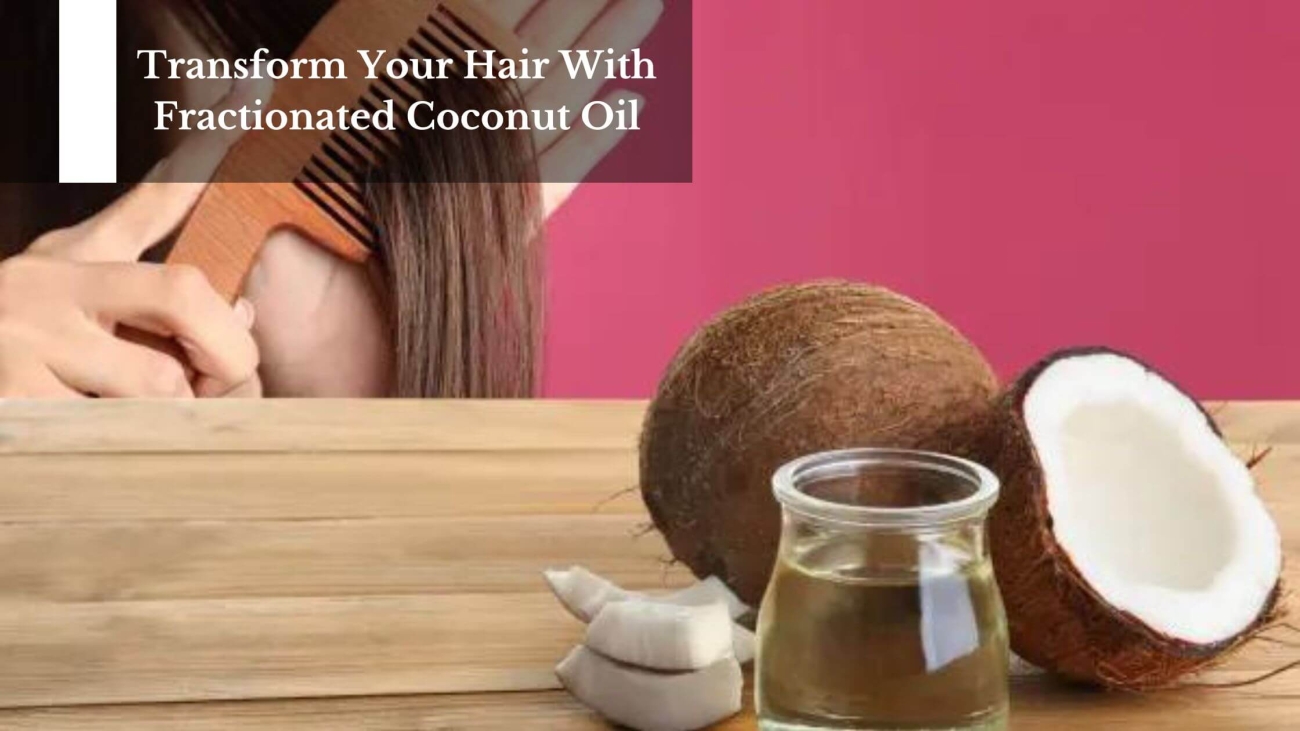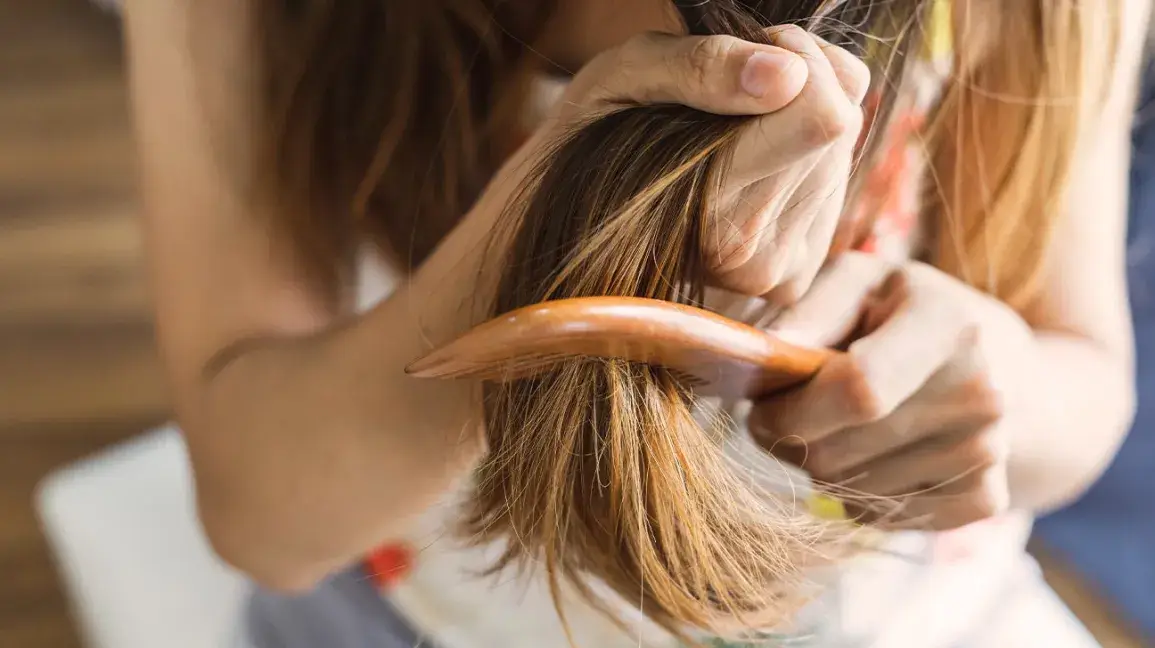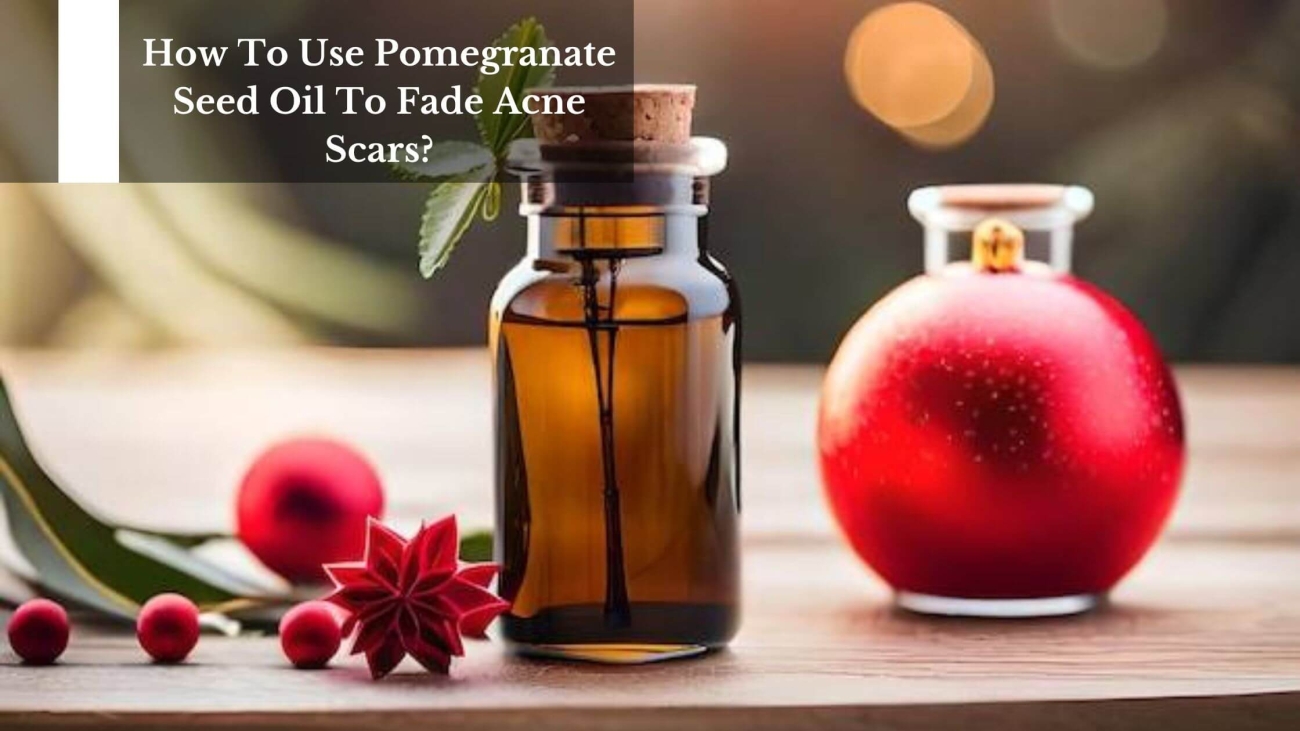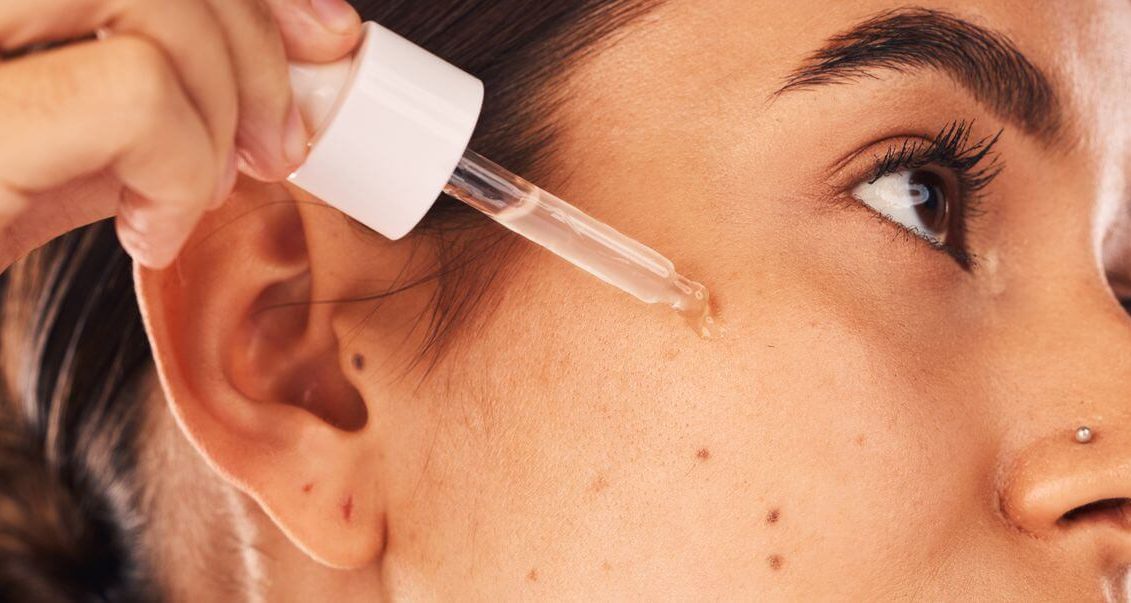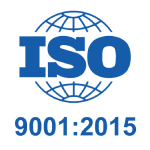Lush and fuller eyebrows are every girl’s desire these days. To get fuller and thicker eyebrows one does employ several natural remedies including carrier oils. One such carrier oil that is very effective these days and works pretty well for growing eyebrows is Argan oil. Yes, you heard it right. Argan oil, the liquid gold truly is a great product to enhance the growth of your eyebrows. If you have thin or sacred eyebrows that require a burst of nourishment and vitamin content, it is important to refer to carrier oils for eyebrow growth. Carrier oils are extracted from the nuts of the plant tree and then processed into their purest form, providing immense benefits for your skin hair, and health. Argan oil as mentioned earlier is extracted from the ripe nuts of argan trees maintaining the quality and keeping up with the pace so that your eyebrows grow at a faster rate and leave no residue behind.
You may also like:
Are you wondering if argan oil Is effective for luscious eyebrows or not? Well, in a nutshell, the oil has immense benefits for your hair and skin. And yes, it does help to grow your eyebrow hair at a faster rate. But as we always say, quality is always a priority over quantity. The quality of pure argan oil matters and it helps to keep your eyebrows soft hydrated and luscious.
Is Argan Oil Good For Eyebrows?
Talking about pure argan oil for eyebrows, it is a win as the liquid gold is packed with amazing properties. One can rely on using argan oil for eyebrows as it has antioxidants along with essential fatty acids that aid in hair growth and maintain lush eyebrows. Here are some of the benefits of using argan oil for eyebrows:
1. Helps In Eyebrow Growth
Argan oil is undoubtedly one of the best natural oils that helps in eyebrow growth. The rich golden liquid has fatty acids and Vitamin E which boost your eyebrows and eyelash growth within a few weeks. It also helps to nurture your hair follicles which helps in healthy hair growth of eyebrows and eyelashes not only this but it also reduces breakage to a great extent so once you start applying argan oil for eyebrow growth there is no going back as it promotes longer and luscious eyebrows.
2. Nourishes The Area
Get extra nourishment and hydration with argan oil for eyebrow growth. Argan oil for eyelash and eyebrow growth is raved by many people because it serves as an organic emollient. It simply means that argan oil deeply conditions your eyebrows and eyelashes and provides next-level moisturization. Not only this but it also contains fatty acids that go deep into the follicles of your hair and lock in the moisture content it further helps to reduce brittle eyebrows and dry areas around your lashes guess what using argan oil for eyebrow growth daily helps in promoting shinier, sleek and soft eyebrows.
3. Protects From Damage
Your eyebrow and eyelash hair fall at a faster rate than your normal tresses. It is usually because of a lack of nutrients and moisturization in that particular area. Thankfully not anymore! Argan oil for eyelashes and eyebrows is the perfect solution that you need in your life. Argan Oil for eyebrow growth is loaded with essential antioxidants which helps to protect your eyelash and eyebrows from harmful UV rays of the sun not only this but it also protects it from environmental pollutants and free radical damage. Once these free radicals damage heads onto your eyebrows or lashes they instantly trigger oxidative stress and lead to breakage of hair. The antioxidant helps to promote healthy lush and vibrant eyebrows and eyelashes.
4. Strengthens Eyebrows And Eyelashes
The strengthening properties of argan oil for eyebrows and eyelashes are real. Yes, you heard it right. The rich oil boosts your Hair follicles and prevents breakage it promotes strong follicles which alternately provoke fuller, lengthy, and bushy eyebrows and eyelashes. Argan oil is extracted from the nuts of the argan tree and is loaded with sterols. These sterols are often referred to as natural compounds that help to promote the elasticity of hair and tackle brittle hair.
5. Easy And Lightweight To Use
Lightweight oils are always for the win especially when you have to apply them on the area around your face. Argan oil is lightweight and easy to apply you simply have to take a few drops and apply it generously on your eyelashes and eyebrows before going to bed. It is like a natural and organic treatment that works like a charm it also absorbs into your hair follicles pretty well. It promotes healthy hair growth in your lashes and eyebrows and thereafter strengthens them to prevent breakage. Argan oil is such a savior when it comes to taming wavy and unbonded hair.
How To Use Argan Oil For Eyebrows And Eyelashes?
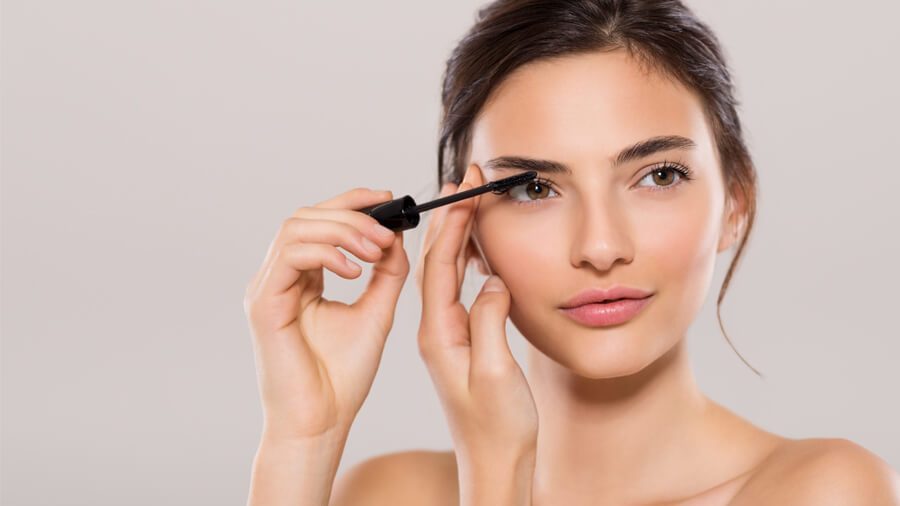
- Using argan oil for eyebrows is pretty simple. You just have to add organ oil in a clean and empty mascara bottle and use it daily at night.
- Apply using the mascara wand on your eyebrows and eyelashes for that fuller and dense look.
- Alternatively, you can also combine it with one or two drops of essential oils for eyebrow growth for maximum benefits.
You may also like:
Takeaway
Finally, argan oil has revealed its dramatic benefits for voluminous and lengthy eyelashes and eyebrows. It is now time to put it into use and experience the much-awaited advantages of argan oil for eyebrow growth. Also, make sure to check out pure argon oil for eyelashes and eyebrows only at Moksha Lifestyles.

